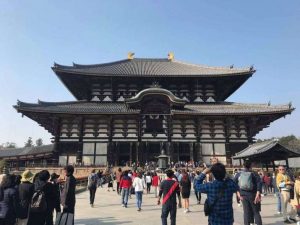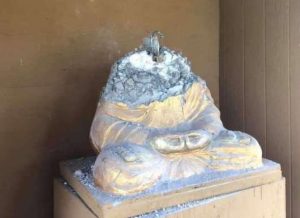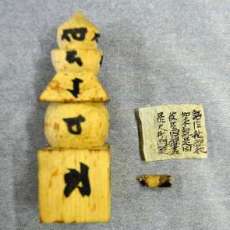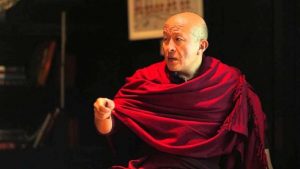Last week, Buddhistdoor held a lucky draw for Dzogchen Ponlop Rinpoche’s new book, Rebel Buddha (Shambhala, 2010). The ideas of this Generation X-esque manual presuppose the belief that the Blessed One’s Dharma is an objective truth: a science (Ponlop Rinpoche personally referred to Buddhism as such in a lecture at HKU). Buddhism is not only right because it is empirical, but empirical because it is right. But this presupposition is qualified by ideas that some see as a result of Ponlop Rinpoche’s life in Seattle and his experience of teaching Western students. As anyone who has studied in a non-denominational academy knows, rigorous theory and method (or methodology) are absolutely crucial to studying, writing, and teaching philosophy and religion.
This naturally opens religions, in all their diversity and depth, to be mercilessly subject to criticism – from textual criticism to form and source criticism to Nietzschean criticism to Derridian criticism. Historical criticism is particularly devastating for theologians and rival philosophers alike. If the scholar can identify the historical context and intention of a text’s author, then we find ourselves restricted about what we can say about it (since we allow the text to “speak with its own voice”). There can be no argument from lack of evidence, and without evidence there is no argument. The historical method almost always humbles us about how much we can say.
The same applies for Buddhist texts. It is well known in Buddhist Studies that it is difficult to know for sure anything that the Buddha said or taught. Such is the weapon wielded by historians of religion. I also suspect Ponlop Rinpoche is well aware of the power of the historical method in identifying political and legal motivations in texts. Tied up with this is culture, which is inseparable from human thought. While culture can contribute to spiritual growth, it often hinders it through bias or prejudice. In an interview with the Buddhist Geeks, he said:
“It’s important for us to see what is the true message here. The wisdom and compassion that Buddha has taught… is so helpful and useful for any time. So, sometimes those pure wisdom and compassion teachings get a little confusing or not clear because of the cultural barriers… ”
Ponlop Rinpoche has essentially identified wisdom and compassion as the true message of the Buddha, who brought karu?? and prajñ? to the world in its full richness and completeness. He reiterates this in Rebel Buddha’s introduction: “I have also been trying to clarify frequent misunderstandings about Buddhism… by pointing out the true essence of the teachings, which is wisdom joined with compassion (my emphasis)” (p. 5). But without skilful means – up?ya – and without a mindfulness and sensitivity to the cultures that condition all people, spiritual teachings can be distorted or misunderstood: “How wonderful… if only we could practice the teachings of the Buddha as he really taught them from his own experience – free from the clouds of religiosity that often surround them” (p. 4). His approach is therefore one of criticism, but in an informal way: a rebellion that seeks to overturn cultural forms, which he sees as irrelevant to spiritual insight. The troublesome, rebel Buddha challenges all our mental conventions and seeks a revolution of the mind.
I do wonder, however, if we should tread carefully. We are already familiar with 19th century colonialists in Sri Lanka and India who championed a very specific, Orientalist image of the Buddha as a “scientist of the mind” – a freethinker who dispensed with vapid rituals and superstitions and whose teachings were “corrupted” by the naturally superstitious and barbaric cultures of Asia (and especially Tibet – surely Ponlop Rinpoche would have something to say about this). By constructing this image, colonialists arrogantly relegated themselves the authority to decide what the Buddha taught and didn’t teach. The Buddhist story and its search for truth must be more complex than simply shaking off cultural baggage (does scientific modernity not have a culture too?). There are no simple answers, since everything – philosophy, history, belief, interpretation, personal experience, cultural context and more – is interconnected. Can anything be more complex than that?
For more on Rebel Buddha at Shambhala publications, please click here.














